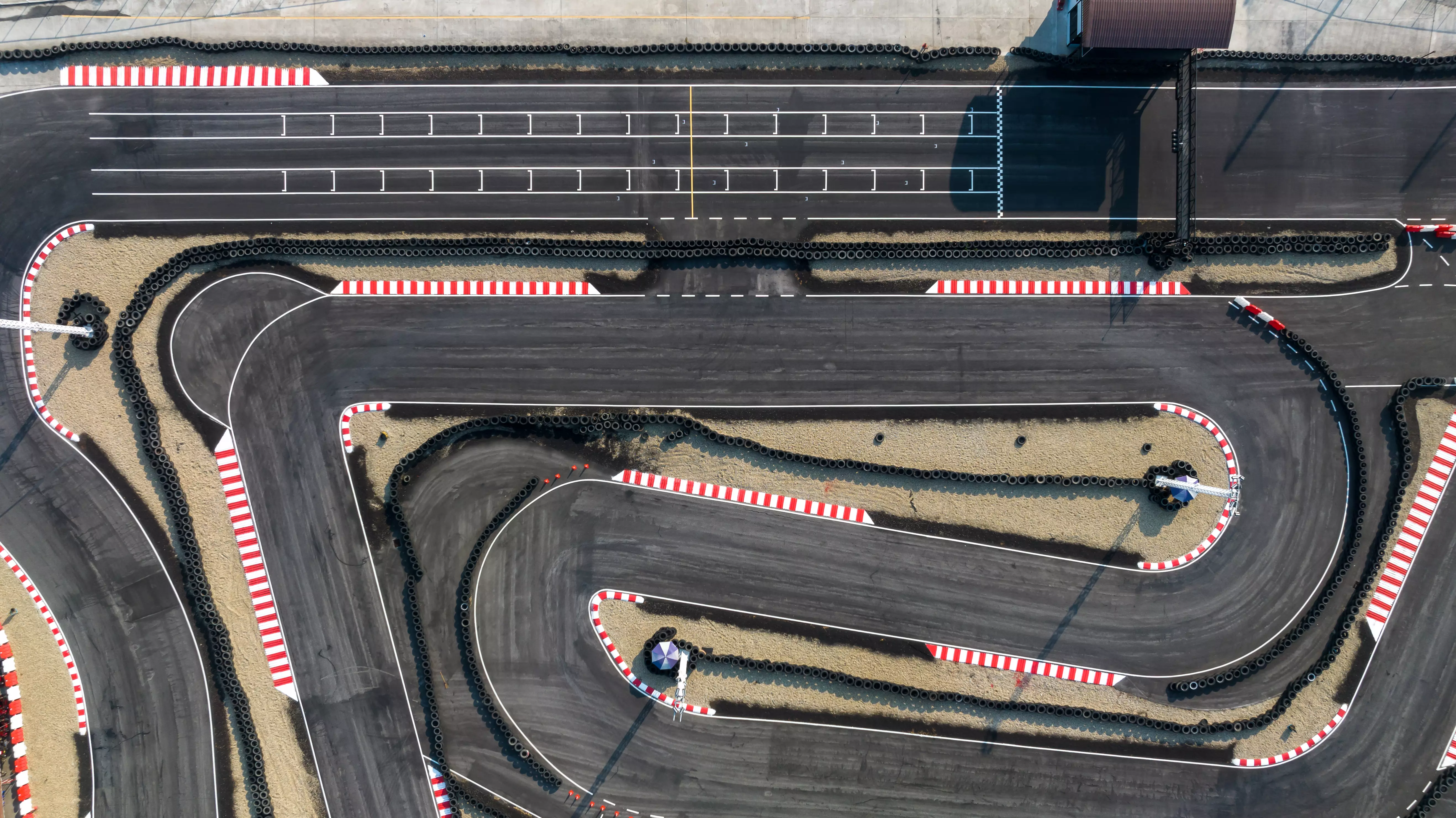The biggest controversies in the history of Grand Prix racing
Grand Prix races have provided unforgettable emotions for years, but sometimes they are also enlivened by controversy. In the history of these prestigious competitions, there have been situations that have shaken the world of motorsport. Here's a look at some of the most memorable controversies that still spark heated discussions among fans.
1. Senna vs. Prost - 1989 car crash.
The year 1989 witnessed one of the most famous rivalries in Formula One history between two icons - Ayrton Senna and Alain Prost. During the Japanese Grand Prix, a collision occurred between the two drivers, which precipitated the decision to change the rules regarding collisions during the competition. Similar controversy also surrounded collisions between these two champions in earlier years.
This collision at the Suzuka circuit led to discussions about fair play and controversial decisions by the judges. Although Prost won the world title as a result of the incident, some believe that Senna also had a hand in the collision. To this day, debate continues over the culpability of both drivers and the impact of the judges' decisions on the outcome of the entire season.
2. Crashgate and the controversy surrounding Nelson Piquet Jr.
The 2008 Formula One season made history because of the related scandal known as Crashgate. During the Singapore Grand Prix, Nelson Piquet Jr., a Renault driver, intentionally hit a barrier in an attempt to trigger a Neutral Safety Zone (SC Safety Car). The Renault team, which at the time featured Fernando Alonso, used the situation to its strategic advantage, giving the Spaniard the race win.
The incident came to light a few months later when Piquet Jr. revealed the whole truth, after which Renault was penalized by the International Automobile Federation (FIA). The controversy surrounding Crashgate was huge, as it violated fair play and affected the outcome of the race.
3. Multi 21 - Red Bull Racing competition
The 2013 Formula One season brought one of the hottest controversies in Red Bull Racing's history. At the Malaysian Grand Prix that year, Sebastian Vettel ignored a team instruction (code-named Multi 21) that directed him to finish second on the podium, giving way to his team partner Mark Webber.
Vettel ignored these instructions and overtook Webber, winning the race. The incident caused a huge wave of criticism against Vettel, both from fans and the team itself. The Multi 21 controversy ended the enduring tension between the two drivers and forced Red Bull Racing to take steps to stabilize relations within the team.
4. Reading dispute - Mark Webber vs. Sebastian Vettel
Another controversy within the Red Bull Racing team took place in 2010 at the Turkish Grand Prix. Mark Webber and Sebastian Vettel were each leading the race until a collision occurred between them. Vettel tried to overtake the Australian, but swerved too hard, which led to contact between the cars.
The incident garnered worldwide attention, and the situation was further fueled by the fact that Webber was the team leader and Vettel was the junior driver at the time. The controversy surrounding the incident also raised questions about mutual respect and relationships within Formula One teams.
5. Controversial judges' decisions
Sometimes it is the decisions of the judges that create the most controversy in Formula One racing. An example is the 2005 American Grand Prix, where the controversial decision of the judges to give Fernando Alonso a temporary penalty aid led to discussions about the fairness of the judges and their role in the racing world.
Other examples include the 2013 Malaysian Grand Prix, where the judges' decision to penalize Sebastian Vettel after the start for leaving the starting field too early sparked controversy and discussion among fans.
Summary
Grand Prix racing has always been an arena for incredible excitement, and controversy only adds spice. From controversies over on-track competition to disputes over the behavior of the judges, each of these situations has left its mark on the history of Formula One. Whether they were positive or negative, it is events like these that make motorsport so fascinating to its fans.
Add comment